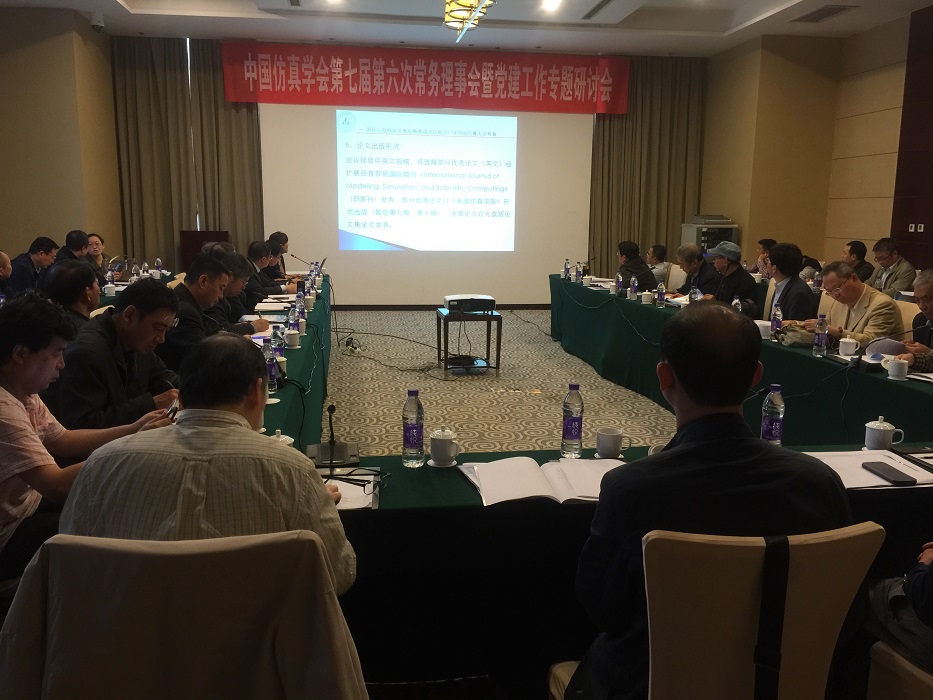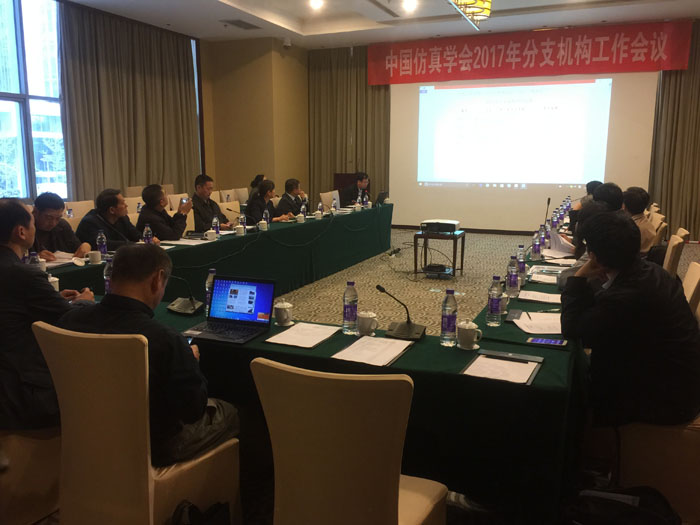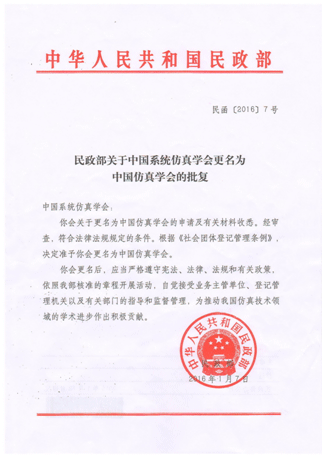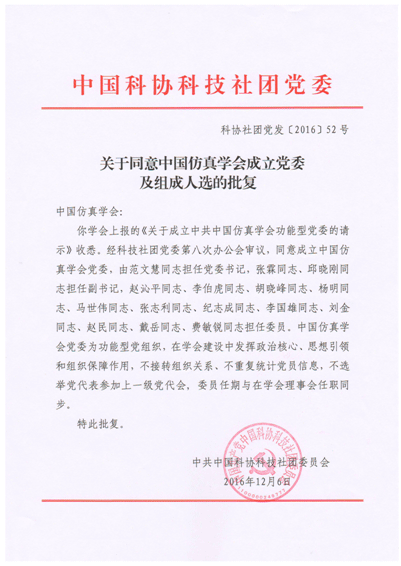《International Journal of Bio-Inspired Computation》为中科院二区期刊,2016-2017影响因子1.935。为了配合2018学术年会的召开,专委会副秘书长伍国华教授与副主任委员王凌教授等联合IJBIC期刊编委会组织了特刊"Intelligent Simulation Optimisation for Complex Systems",欢迎大家踊跃投稿!
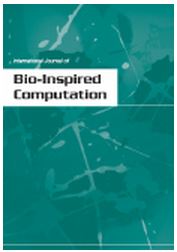
Special Issue on:
"Intelligent Simulation Optimisation for Complex Systems"
Guest Editors:
Prof. Guohua Wu and Prof. Jinjun Tang,
Central South University, China
Prof. Ling Wang,
Tsinghua University, China
Dr Huangke Chen,
National University of Defense Technology, China
Subject Coverage
Suitable topics include, but are not limited, to the following:
- Efficient ISOAs for complex systems, including manufacturing systems, energy systems, transportation
- systems and earth observation systems
- Multi/many-objective ISOAs for complex systems
- Distributed ISOAs for complex systems
- Ensemble ISOAs for complex systems
- Surrogated ISOAs for computationally expensive problems in complex systems
- Combination of problem domain knowledge in complex systems and ISOAs to accelerate the optimisation process
- Hybrid ISOAs with mathematical programming approaches for complex systems
- Sophisticated constraint handling techniques for constrained optimisation problems in complex systems
- ISOAs for complex systems with uncertainties and dynamics
- ISOAs for optimisation problems with mixing variables in complex systems
- Parameter and strategy adaptation in ISOAs
- Balanced control strategies for exploitation and exploration in ISOAs
Notes for Prospective Authors
Submitted papers should not have been previously published nor be currently under consideration for publication elsewhere. (N.B. Conference papers may only be submitted if the paper has been completely rewritten and if appropriate written permissions have been obtained from any copyright holders of the original paper).
All papers are refereed through a peer review process.
All papers must be submitted online. To submit a paper, please read our Submitting articles page.
If you have any queries concerning this special issue, please email Prof. Guohua Wu at
guohuawu.nudt@gmail.com.
Important Dates
- Manuscripts due by: 31 December, 2018
- Notification to authors: 28 February, 2019
- Final versions due by: 30 April, 2019
